|
Museums aren’t just places to conserve heritage or view curiosities. Active research to advance science is a crucial part of their work. At Cape Town’s Iziko South African Museum, for example, scientists are turning to a little-known field of research – micropalaeontology – to understand more about climate and environmental change. Eugene Bergh and Mogammad Yaaseen Hendricks explain what microfossils – the remains of very small animals
or organisms – can tell us.
Also in this week’s science and research news: how studying ancient DNA provides clues to the spread of people in east Asia and ever wondered why some chimpanzee populations fish with rods, dig wells and bathe, while others barely use tools at all? The answer lies in their evolution – and it could determine whether these primates can survive climate change.
|
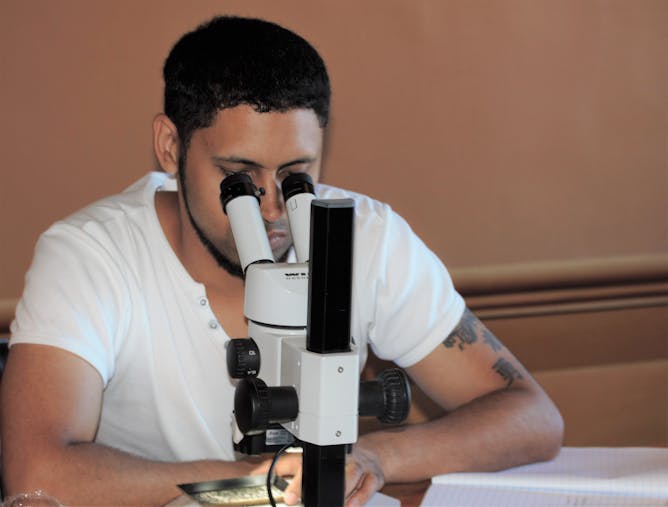
Scientists examining microfossils aim to answer crucial questions to understand past and present climate crises.
Dwayne Cloete
Eugene Bergh, Iziko Museums of South Africa; Mogammad Yaaseen Hendricks, University of the Western Cape
Microfossils offer up an array of information to scientists, like the time periods in which they lived and how environments have changed.
|

Pulverized ancient bone can provide DNA to scientists for analysis.
Xin Xu Institute of Vertebrate Paleontology and Paleoanthropology
Melinda A. Yang, University of Richmond
By studying the DNA of people who lived in East Asia thousands of years ago, scientists are starting to untangle how the region was populated.
|
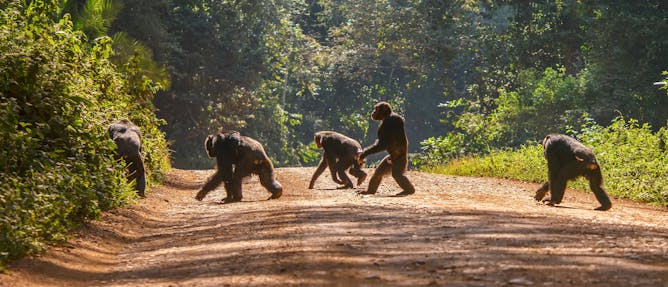
CherylRamalho/Shutterstock
Alexander Piel, UCL; Erin G Wessling, Harvard University; Fiona Stewart, Liverpool John Moores University
As in humans, environmental changes provoked chimpanzees to develop a diverse range of behaviours.
|
Environment
|
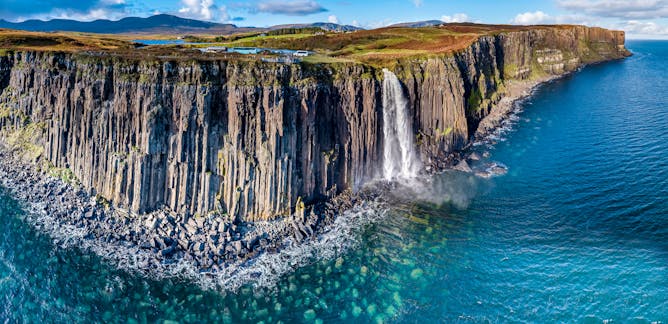
Heidi Burdett, Heriot-Watt University; Cornelia Simon-Nutbrown, Heriot-Watt University
Maerl beds are the coral reefs of the British Isles. But like their tropical counterparts, they're threatened by climate change.
| |
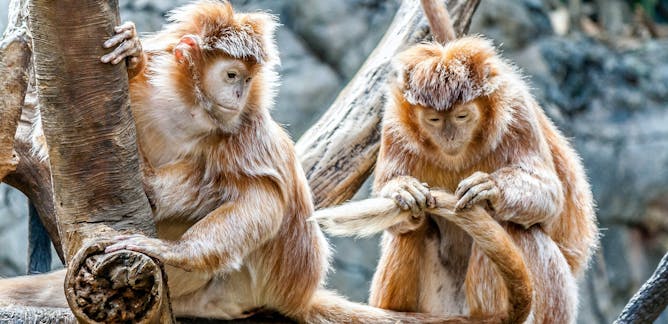
Jo Setchell, Durham University
Without adequate information, we can’t prioritise efforts and funding to best protect our primate relatives.
|
|
|
Health + Medicine
|

Tony Rao, King's College London
Drinking at "safe" levels was shown to reduce the amount of a person's total brain tissue.
| |
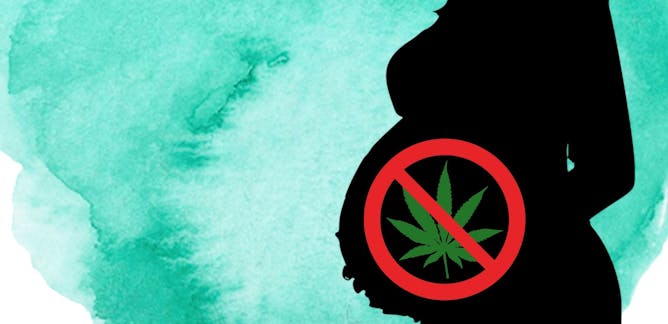
Catherine Lebel, University of Calgary; Carly McMorris, University of Calgary; Kathleen Chaput, University of Calgary
Legalization and social acceptability of marijuana have contributed to a false perception that it's safe to use in pregnancy. The truth is, there is no known safe level of prenatal marijuana exposure.
|
|
|
Science + Technology
|

Simon McCarthy-Jones, Trinity College Dublin
What world will tech billionaires move us towards if they believe that humans are fundamentally dangerous?
| |

Tamara P Banbury, Carleton University
An increasing number of people are choosing to implant themselves with microchips. But conspiracy theories about the practice exploit fears surrounding body autonomy.
|
|
|
Arts, Culture + Society
|
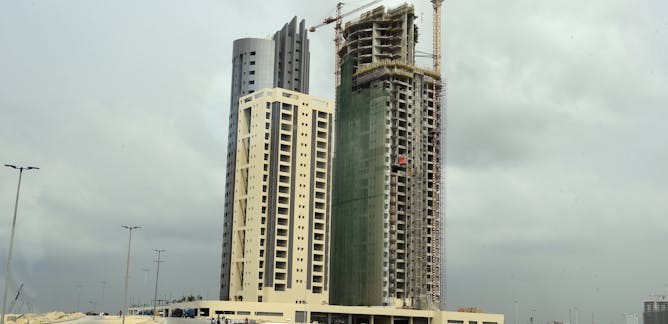
Dr Anthony Ogbuokiri, Nottingham Trent University; Dr Emmanuel Manu, Nottingham Trent University
To achieve sustainable, functional buildings, architects in cities like Lagos need to consider local realities.
| |
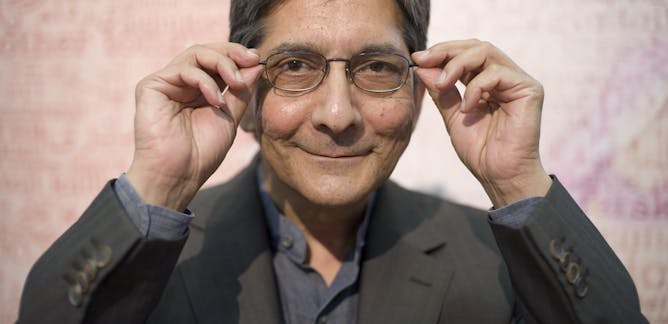
Ronit Frenkel, University of Johannesburg
In each of his novels, he explored questions that shifted South Africa's cultural debates, especially about memory and race.
|
|
|